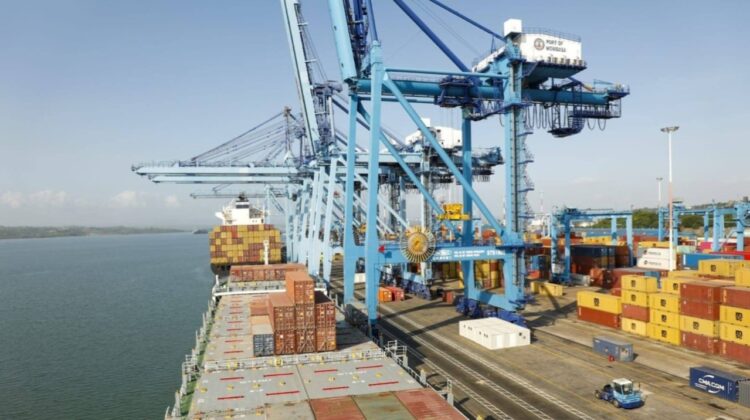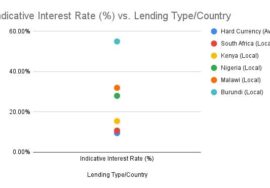
Kenya’s Retail Market: Overview and Future Trends (2025 Analysis)
The Retail Sector: A Cornerstone of Kenya’s Economy
The wholesale and retail sector remains a primary contributor to Kenya’s GDP, having posted a healthy 4.4% growth in the second quarter of 2024. This sector is central to the broader services industry, which collectively accounts for over 60% of Kenya’s GDP. This underscores its critical importance for employment generation and private sector vitality across the nation.
Internationally, Kenya’s retail market commands significant respect. It is widely recognized as the second most developed formal retail sector in Sub-Saharan Africa, surpassed only by South Africa. This level of maturity positions Kenya as a strategic entry point for global brands and a critical commercial hub for the entire East African region, solidifying its status as a premier investment destination.
Ambition Meets Economic Reality: Key Market Dynamics (July 2025)
The current retail environment presents a compelling study in contrasts. On one hand, there’s undeniable momentum. Retailers are rapidly expanding their footprint, driven by Kenya’s positive demographics—including a growing urban population and an expanding middle class. This ambitious push is further supported by significant infrastructure developments that are improving supply chain logistics and opening up entirely new markets.
However, this ambition is tempered by significant economic headwinds. The persistently high cost of living and ongoing currency pressures have led to heightened price sensitivity among Kenyan consumers. This forces many households to re-evaluate their spending habits, particularly on non-essential goods.
This dynamic creates a challenging operational environment for retailers. While new stores and shopping malls continue to open, the sector is grappling with an estimated 3.6 million square feet of surplus retail space in the Nairobi Metropolitan Area alone. This significant oversupply puts downward pressure on rental yields and overall profitability. Furthermore, high operational costs and the inherent financial risks associated with economic uncertainty demand a cautious and strategic approach from even the most ambitious players.
The Digital Revolution: Reshaping Kenyan Consumer Habits
Perhaps the most significant force reshaping the Kenyan retail sector is the ongoing digital revolution. Propelled by one of Africa’s highest mobile penetration rates and the seamless functionality of M-Pesa, e-commerce is no longer a niche market but a firmly established mainstream channel. With projected revenue exceeding KSh 92 billion ($922 million) by 2025, the digital marketplace has become a formidable arena for competition.
This digital shift extends far beyond major e-commerce platforms like Jumia. Social commerce, conducted extensively through popular platforms like Instagram and WhatsApp, has empowered a new generation of entrepreneurs and fundamentally changed how brands engage with their customers directly.
For traditional brick-and-mortar retailers, this is a critical call to action. The future success belongs to those who can successfully integrate their physical and digital operations, offering a comprehensive omnichannel experience. This provides the seamless convenience customers now expect, whether it’s rapid home delivery via a boda-boda or an efficient click-and-collect service from a physical store.
Outlook: Navigating the Path Forward for Kenya’s Retailers
The outlook for the Kenyan retail sector is one of cautious optimism. The fundamental growth drivers—positive demographics and strategic expansion—remain strong. However, sustainable success will be defined by a retailer’s ability to navigate the complex interplay between physical growth and the prevailing economic climate.
The modern Kenyan consumer is highly discerning, digitally connected, and aware of value. The businesses that will truly thrive are those that deeply understand this new reality. They must manage their operations with sharp efficiency, embrace the digital transformation not as a threat but as a powerful opportunity, and consistently prove to their customers that they can offer superior and consistent value. The race for market leadership is well underway, and the winners will be those who can master this delicate balance.
For market research and business analytics among other services, visit Lean Business Consulting Ltd ,
#KenyaRetail #RetailMarketKenya #KenyaEconomy #EastAfricaBusiness #AfricanRetail #RetailExpansion #Naivas #Quickmart #GDPContribution #EconomicGrowth





